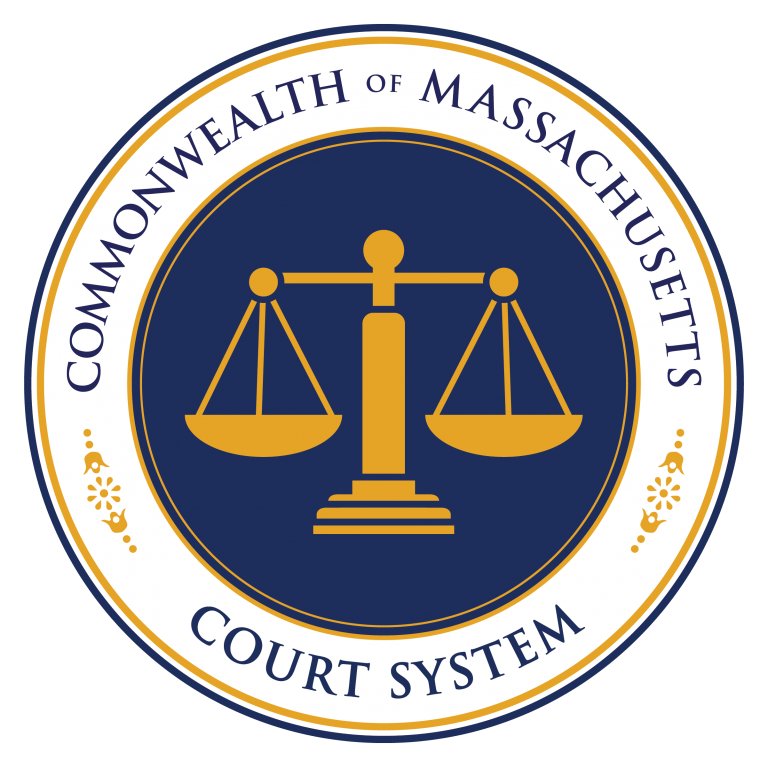Superior Court says MCAD Not Required for Public Accommodations Cases

In Peters v. Boston Properties Inc., et al., the Massachusetts Superior Court held that individuals alleging discrimination in places of public accommodation are not required to file a charge with the Massachusetts Commission Against Discrimination (MCAD) before commencing a civil suit. This decision is from the state’s lowest court, and should a higher court weigh in on the issue, they may or may not agree. The case involved an incident where an African American woman visiting an upscale shopping center was tackled and restrained by a group of security officers. The defendants moved to dismiss the claims against them because they were not named as parties in the initial MCAD charge. Through a close reading of the relevant statutes, the Judge determined that the MCAD administrative process was not the exclusive remedy for discrimination in public accommodations, and thus, the MCAD charge was not required. Therefore, the plaintiff was able to proceed against defendants who were not named in the MCAD charge.
Massachusetts’ non-discrimination laws provide that filing a charge with the MCAD is the exclusive remedy for certain discriminatory acts, including discrimination in employment, lending, and housing. For cases involving these types of discrimination, a plaintiff must first file a charge with the MCAD before receiving a private right to sue. Filing a charge with the MCAD gives an opportunity for the commission to investigate and conciliate the plaintiff’s claim, and serves to notify the defendant.
An individual alleging discrimination in a place of public accommodation may have the option to either file a charge with the MCAD or file suit in Superior Court. Some plaintiffs may still choose to proceed before the MCAD as it may be a less complicated, less time-consuming, or less expensive process than filing suit in court.
In addition, the Superior Court Judge found that the plaintiff could proceed against the defendants who were not named in the MCAD charge even if the MCAD charge were required, because those defendants had notice and an opportunity to conciliate. Two of the unnamed defendants were corporate entities who, together with Boston Properties Inc., owned and operated the building where the incident occurred. The three corporate entities had a close business relationship and were represented by the same counsel. The other unnamed defendants were the security officers, though a video of their conduct during the incident was included with the MCAD charge. The judge concluded that the officers’ employer, who was named in the MCAD charge, could have discovered the officers’ identities either from viewing the video or from an internal investigation into the complaint. The judge found that all these factors were enough to avoid the dismissal of the charges against the defendants who were not named in the MCAD charge.
For any questions or concerns about this matter, or any other labor and employment matters, please contact the attorneys at The Royal Law Firm at (413) 586-2288.








